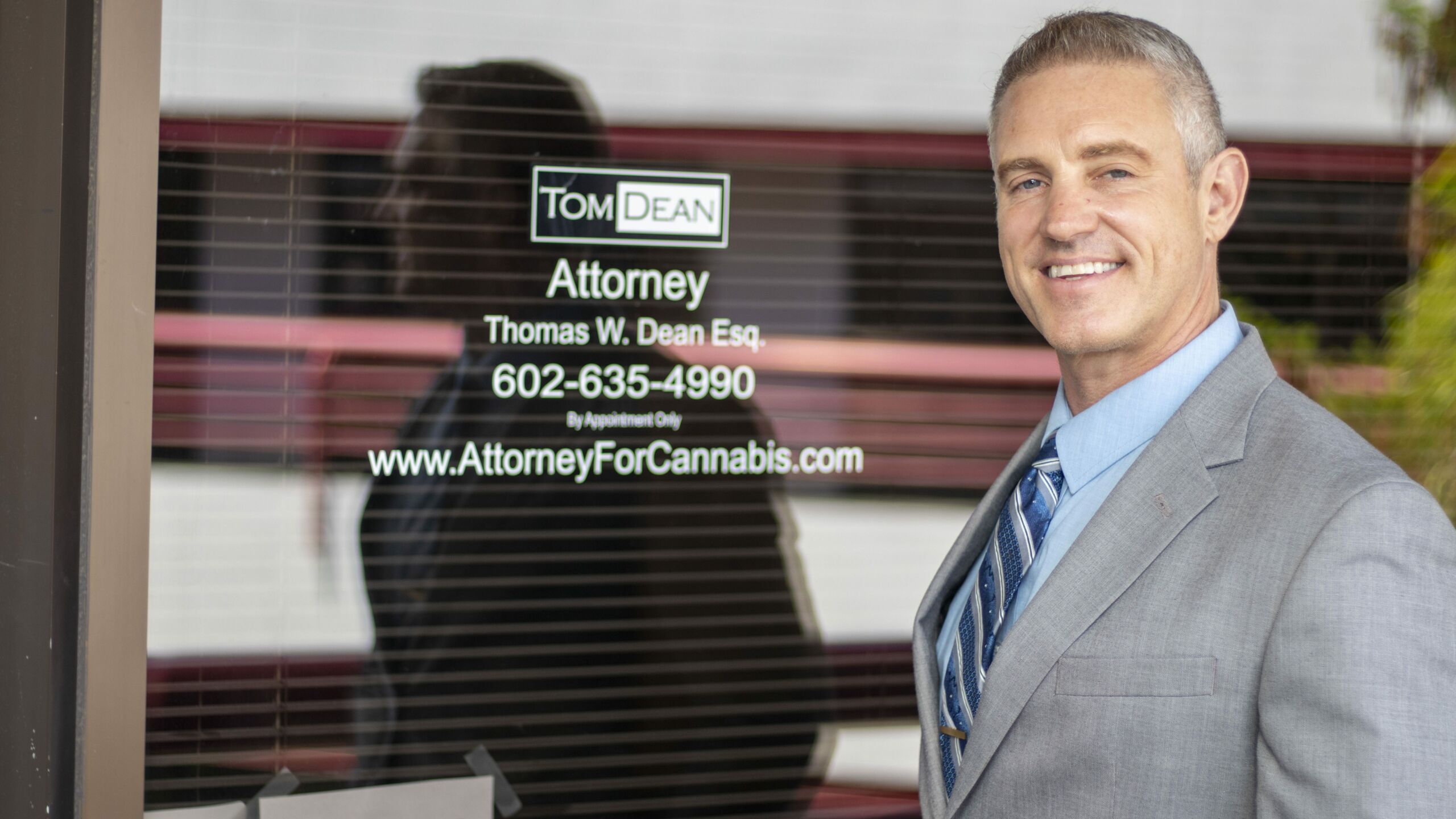
After Canada legalized hemp as a crop several years ago, growers soon began to export their products to the U.S. In response, the DEA instructed U.S. Customs to stop the importation of all hemp seed products into the U.S. The first seizure was a 53,000-pound load of sterilized birdseed imported by Kenex Ltd.
Since THC is considered a controlled substance under U.S. federal law, the DEA initially took a hard-line stance on seeds containing as low as 14 parts per million THC. In response, Tom filed a Freedom of Information Act (FOIA) request with the Office of National Drug Control Policy (ONDCP), requesting copies of all correspondence concerning the legality of the zero-THC hemp seed importation policy, the effects of consuming hemp products on drug test results, and the proposed amendments to the Controlled Substance Act.
Tom then sent a letter to then Attorney General Janet Reno detailing the argument that the embargo was in direct violation of NAFTA. Reno agreed with Tom and others who had argued against the embargo and instructed customs to immediately lift hemp seed embargo stating that “we lack legal authority to prohibit importation of hemp products unless the definition of marijuana in Title 21 U.S.C. Section 802.16 (c) [the Controlled Substances Act] is changed to remove the hemp exclusion.” Reno continued to say in her letter that in the case of hemp, Congress made its decision clear not to restrict hemp imports and that the tetrahydrocannabinol (THC) levels are too low to trigger psychoactive effect.” The hemp trade has been flourishing ever since.
